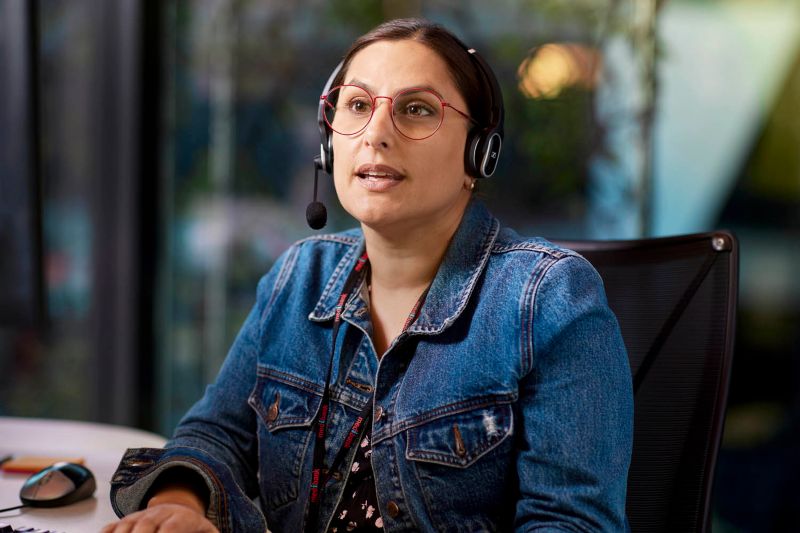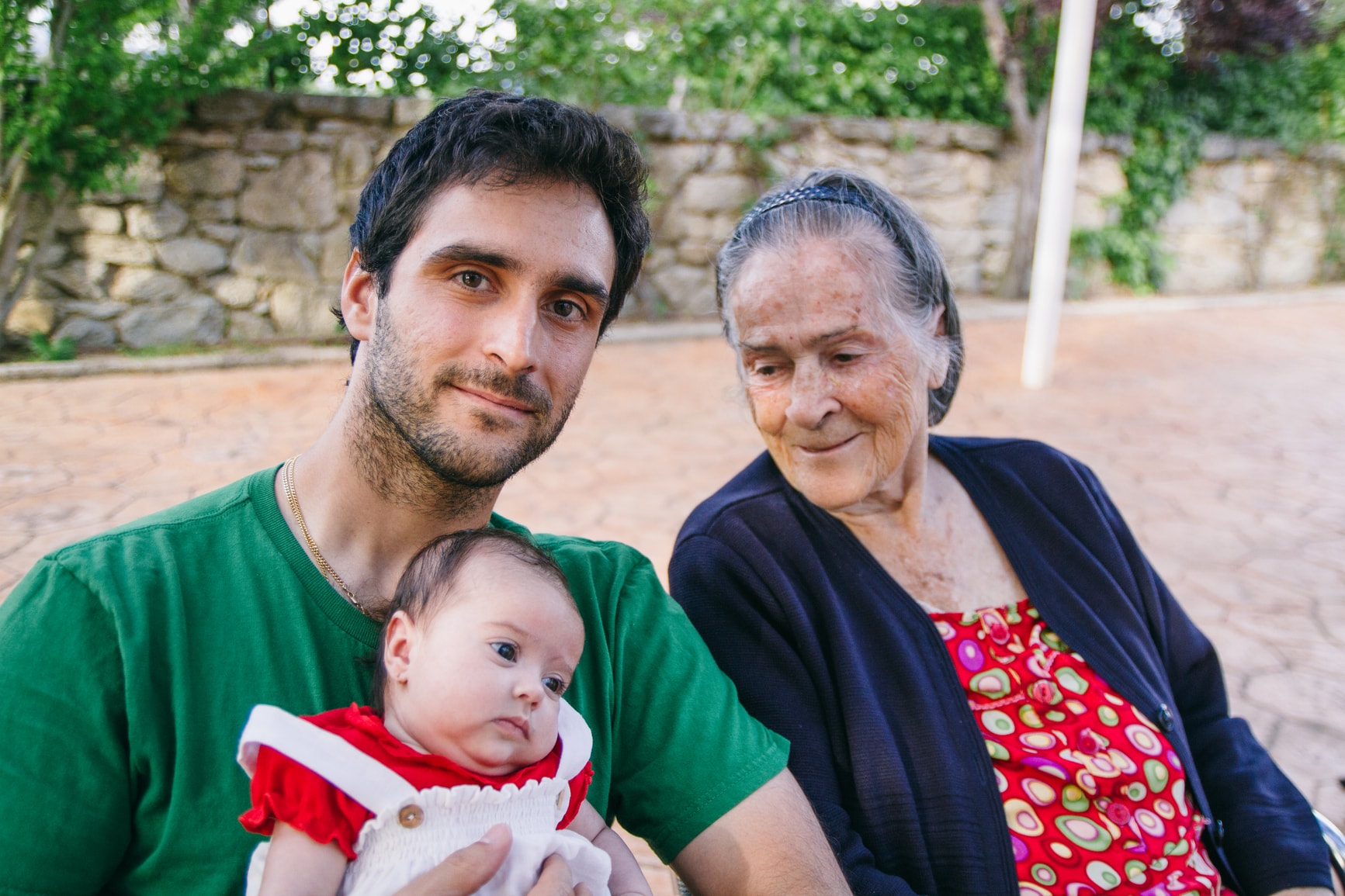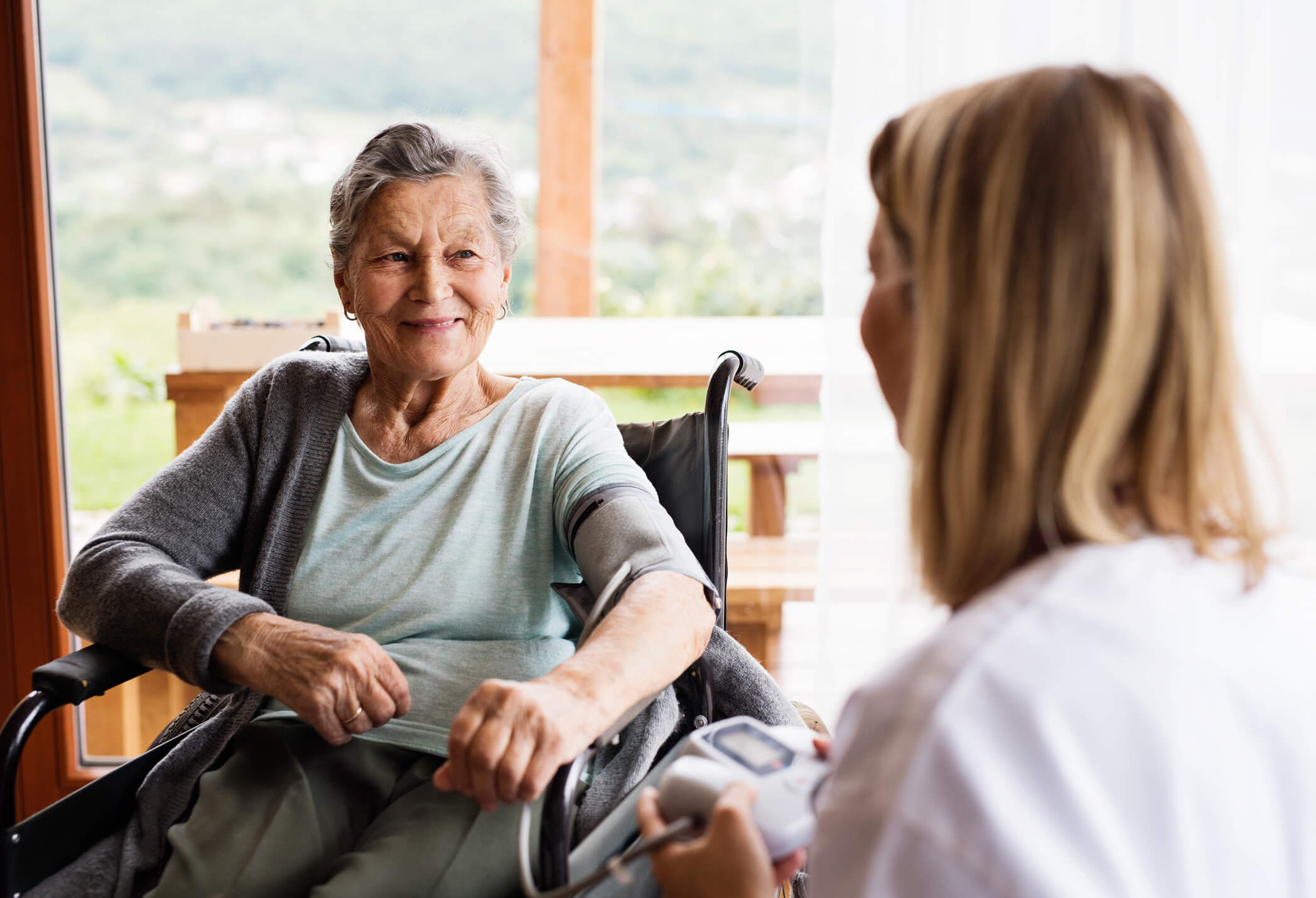Post-traumatic stress disorder (PTSD)
Key facts about PTSD, how to spot the signs, and what to do if you, or someone you love, is experiencing PTSD.
Jump to section: Signs and symptoms | Causes | What to do | Getting support
What is PTSD?
It’s normal to feel distressed and upset for a few weeks after experiencing a dangerous or life-threatening event. Post-traumatic stress disorder (PTSD) is a type of anxiety usually characterised by intrusive thoughts, nightmares and flashbacks of past traumatic events beyond this time. While the condition is widely known, the diagnosis can be challenging.



Symptoms and signs of PTSD
For people with PTSD, the feelings of panic or extreme fear experienced during the traumatic event live on. According to Beyond Blue, there are four common types of symptoms:
- Re-living the traumatic event: Recurring memories, vivid images and nightmares of the traumatic event. These may prompt intense emotional or physical reactions, such as sweating, heart palpitations or panic.
- Feeling overly alert or wound up: This can result in sleeping difficulties, irritability and lack of concentration, being easily startled and constantly on the lookout for signs of danger.
- Avoiding reminders of the event: Deliberately avoiding activities, places, people, thoughts or feelings that bring back memories of the event.
- Feeling emotionally numb: Losing interest in day-to-day activities, feeling cut off and detached from friends and family, or emotionally flat.
PTSD can also manifest itself as a dissociative experience. People with PTSD may express confusion or say things like “it felt like time stood still” or “I felt like I was watching myself from above”. If someone close to you is experiencing these symptoms, it’s best to consult their doctor or mental health professional to undertake a mental health assessment.
If your loved one has PTSD, they may appear disinterested or detached from things they used to be interested in. They might also seem distant and pre-occupied as their brain tries to process and block out painful memories. They may also ignore your offers of help which might make you feel shut out.
It’s not unusual for people with PTSD to experience other mental health issues, such as anxiety and depression, at the same time.
24/7 Medibank Mental Health Support
Medibank health insurance members can talk with a mental health professional over the phone or online at no extra cost.~ Chat in relation to any mental health or emotional concern, 24 hours a day 7 days a week.

The causes of PTSD
Many different types of trauma have been found to put people at risk of PTSD, or contribute to it:
- Prolonged trauma over some time
- Past traumas such as sexual or childhood abuse
- Mental health issues you may already have (e.g. anxiety and depression)
- An occupation that regularly exposes you to trauma (e.g. firefighter, paramedic, police officer or military personnel)
- A traumatic event like a natural disaster (for example, a bushfire), being held captive, threatened with a weapon or tortured, war or terrorism, a car accident, or seeing someone injured seriously or dying.



What to do about PTSD
It’s normal to feel distressed and anxious following a traumatic event, however talking to a GP or health professional can help. It’s particularly important if you’re still experiencing symptoms of PTSD two weeks after the incident.
Also, if you are feeling highly anxious or distressed and your reaction to the traumatic event is interfering with your home or work life, or you are thinking of harming yourself or others, do not wait – ring 000 or Lifeline, or seek advice from your doctor immediately.
What can I do if someone I love is struggling with PTSD?
PTSD can negatively impact a person’s relationships with friends and family.
So what should you do? It’s important to remember that these behaviours are part of PTSD. People experiencing PTSD do need the support of their friends and family even if in the first instance they believe they do not need it.
Beyond Blue advises:
“Trying, as far as possible, to minimise other stressful life experiences allows the person to focus more on their recovery. If a person feels very distressed at any time after a traumatic event, they should talk to a doctor or other health professional. If a person experiences symptoms of PTSD that persist beyond two weeks, a doctor or a mental health professional may recommend starting treatment for PTSD.”
Where to get help
The best place to start is by speaking to your GP or health practitioner. They will be able to assess your individual situation and recommend the best next steps for your recovery.
A team of mental health professionals are here to support you with 24/7 Medibank Mental Health Support. It’s available to Medibank health insurance members at no extra cost~ 24 hours a day, 7 days a week. Call 1800 644 325 or log in using My Medibank.
If at any point you feel like someone’s life is in danger, seek immediate help. Contact Lifeline on 13 11 14 for crisis support and call 000 if you believe that someone’s life is in danger.
For more support and information
Medibank health support and services
As an eligible Medibank member, you get more than just health insurance. You get extra support, when you need it most.
24/7 Medibank Mental Health Support
Medibank health insurance members can speak with a mental health professional over the phone or online at no extra cost.~ Chat online or call 1800 644 325.
New telehealth services
Medibank members with eligible extras can now access telehealth services - including psychology, physiotherapy, dietetics, occupational therapy, podiatry, exercise physiology and speech therapy - and claim for services undertaken from 14 April 2020 until further notice. Medibank members can also access counselling telehealth services undertaken from 15 October 2020 until further notice, with benefits payable towards Medibank recognised Counsellors only.#
Medibank has a wide range of health and wellbeing services to support eligible members with their mental health.
Further reading


Panic attacks
How do you know if you're experiencing a panic attack? And is there anything you can do to help relieve or prevent them? We take a look.

Types of anxiety
Anxiety can present itself in numerous different forms. Learn about each form of anxiety and how they differ.

Anxiety and depression in older people
Learn to identify the signs and symptoms of anxiety and depression in an older person, for yourself or someone you care about.
Looking for something else?
Visit our Medibank Better Minds homepage to find more tools and services.
Talk to us about your cover and accessing services
Contact Medibank when and how it suits you: online 24/7, in-store, by phone or through the My Medibank app.
Things you need to know
~ Some referred services may involve out of pocket costs and waiting periods may apply.
While we hope you find this information helpful, please note that it is general in nature. It is not health advice, and is not tailored to meet your individual health needs. You should always consult a trusted health professional before making decisions about your health care. While we have prepared the information carefully, we can’t guarantee that it is accurate, complete or up-to-date. And while we may mention goods or services provided by others, we aren’t specifically endorsing them and can’t accept responsibility for them. For these reasons we are unable to accept responsibility for any loss that may be sustained from acting on this information (subject to applicable consumer guarantees).